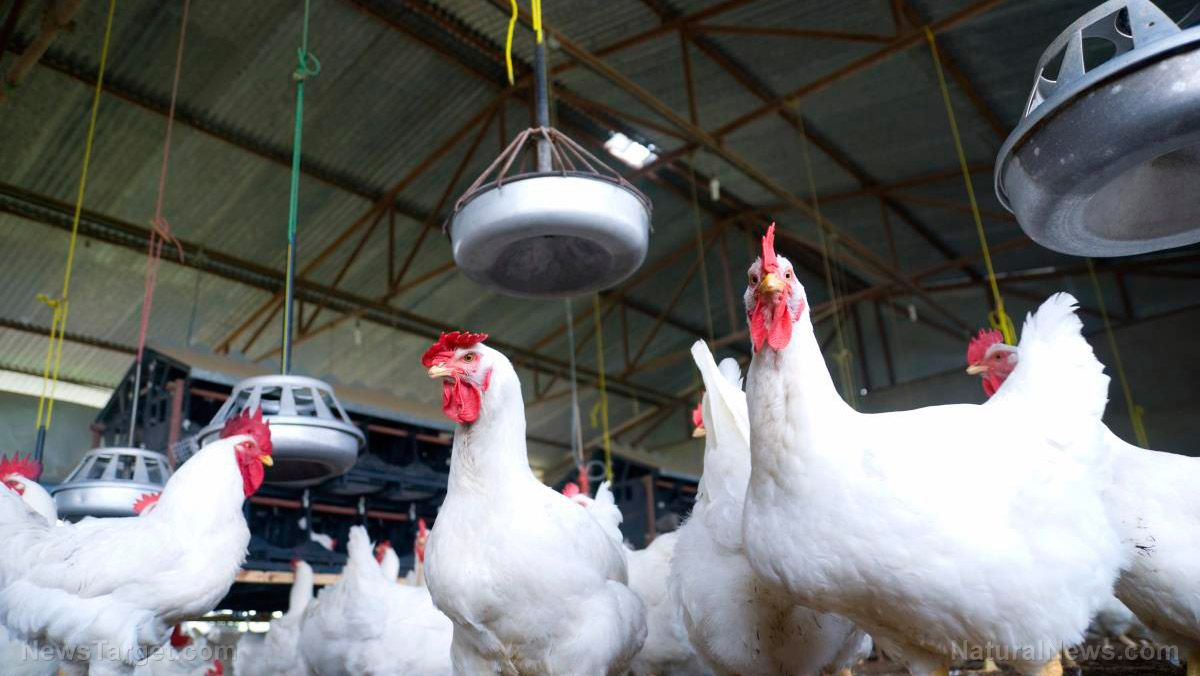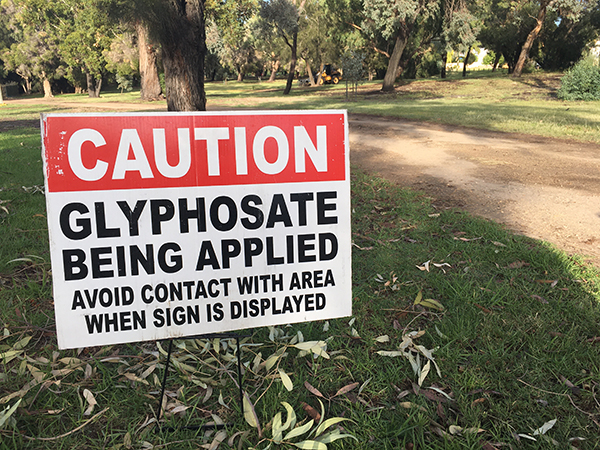
According to the UK Health Security Agency (UKHSA), bird flu has been detected in two workers at a poultry farm. Neither worker suffered symptoms of infection, and both cases were discovered during screening.
Experts think the two cases are linked to exposure to sick birds from another poultry farm where the two people were known to have recently worked.
The UKHSA is running a program of testing workers who deal with birds infected with avian flu. The agency is also running asymptomatic testing.
The first human case reported was detected via a swab inserted in the patient's nose. Health experts say it is possible that the worker may have inhaled the virus.
Bird flu symptoms are similar to other types of flu. They may include:
The second case is thought to be a more complicated case because it remains unclear whether the patient got sick through a genuine infection or whether he also inhaled the virus while working at the poultry farm.
The agency said researchers are still investigating the matter, but precautionary contact tracing has been undertaken for the second patient.
Both workers are now testing negative, and the agency said that there is no evidence of human-to-human transmission.
Susan Hopkins, UKHSA's chief medical adviser, explained that based on current evidence, the avian influenza viruses observed spreading in birds across the globe do not spread easily to people.
Hopkins added that it is also known that avian influenza virus spreads to humans after close contact with infected birds. The agency is conducting screening programs to monitor individuals who have been exposed to learn more about this risk.
We are building the infrastructure of human freedom and empowering people to be informed, healthy and aware. Explore our decentralized, peer-to-peer, uncensorable Brighteon.io free speech platform here. Learn about our free, downloadable generative AI tools at Brighteon.AI. Every purchase at HealthRangerStore.com helps fund our efforts to build and share more tools for empowering humanity with knowledge and abundance.
According to Hopkins, there is no proof that the strain can spread from person to person globally. However, it has also been confirmed that viruses evolve all the time, as proven by the Wuhan coronavirus (COVID-19).
"It remains critical that people avoid touching sick or dead birds and that they follow the Defra advice about reporting," concluded Hopkins. (Related: Human bird flu treatment drug has interesting side effect – it makes people believe FALSE NARRATIVES.)
What is the H5N1 virus?
Bird flu is a well-known infectious disease observed in poultry and wild birds. But the disease can also spread to other animals like seals, otters, wild dogs and foxes. Animal cases have been reported in the U.K. and across the world. Bird flu is the common name for a particular strain of highly pathogenic avian influenza (HPAI).
Flu is subdivided into influenza A, which includes bird flu and influenza B, which isn't as severe.
Influenza A gets its other name, H5N1, from the two proteins on its surface: hemagglutinin (H) and neuraminidase (N). The numbers refer to the clade, or branch, of the influenza A family.
Bird flu can spread to humans if they come in contact with fluids or feces from infected birds. The disease can cause flu-like symptoms and can be treated with antiviral medication.
The H5N1 virus is currently the most prevalent strain in circulation.
The UKHSA has formed protection teams to contact people with the highest risk exposure to infected birds daily and monitor them for any symptoms.
Dog flu spreading in the US
Meanwhile, canine influenza continues to spread in Minneapolis more than a month after the first signs of the virus led to the closure of several Humane Society locations.
As of May 12, at least 20 community cases of the disease, which is also known as dog flu, have been confirmed in Anoka, Carver and Hennepin counties. However, the state's board of animal health warned that it could underrepresent how many dogs are truly sick.
The highest concentration of cases in Minneapolis has been observed in Uptown and North Loop. While many dog parks remain open, several display signs have been put up warning pet owners about the risk of contracting canine influenza.
Visit Influenza.news for more updates on bird flu cases worldwide.
Watch the video below to find out if bird flu is the next plandemic.
This video is from the Tommy's Podcast channel on Brighteon.com.
More related stories:
The next “pandemic” is already planned: SARS + HIV + H5N1 (bird flu).
US government diagnosing chickens with bird flu using fraudulent PCR tests, then slaughtering them.
Sources include:
Please contact us for more information.




















